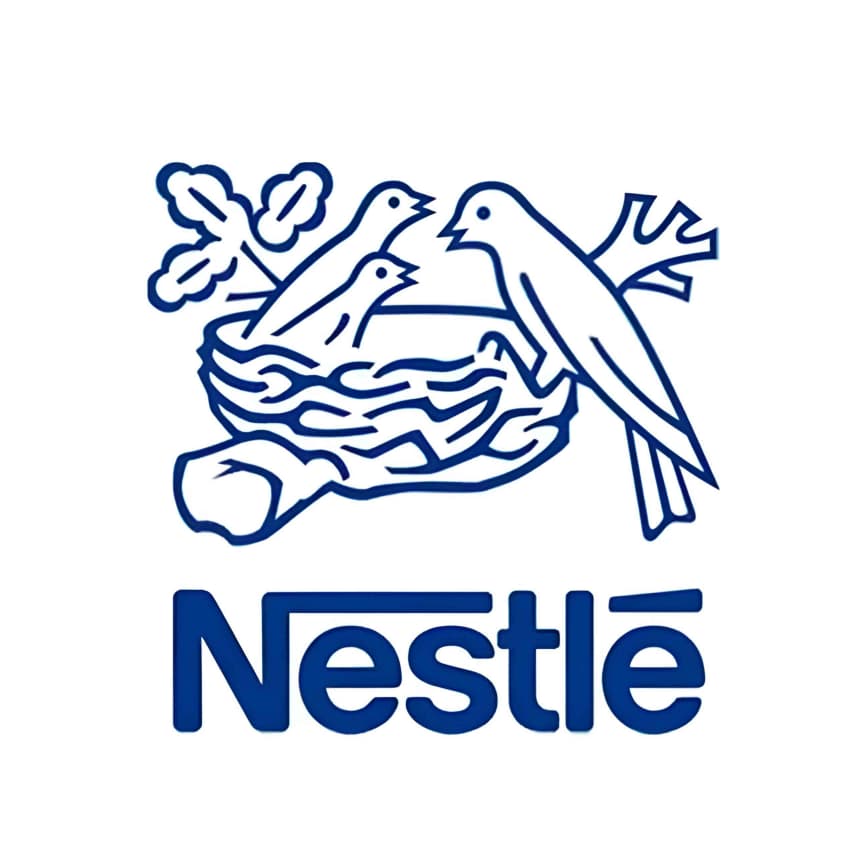Nestlé S.A. is one of the world’s largest and most influential food and beverage companies, with a history that spans more than 150 years. Headquartered in Vevey, Switzerland, Nestlé has built a global presence and reputation as a trusted household name, producing a vast portfolio of products that range from infant nutrition and bottled water to coffee, dairy products, confectionery, and pet care. Its reach extends to over 180 countries, making it one of the most ubiquitous brands in the consumer goods industry.
The company was founded in 1867 by Henri Nestlé, a German-born pharmacist who developed a breakthrough infant food formula called Farine Lactée, a mixture of cow’s milk, wheat flour, and sugar. His invention came at a time of high infant mortality rates in Europe and provided a life-saving nutritional alternative for babies who could not be breastfed. This innovation marked the start of Nestlé’s journey and laid the foundation for its identity as a company driven by science-based nutrition and consumer trust.
Over the decades, Nestlé grew rapidly through organic expansion and strategic acquisitions. In the early 20th century, the company merged with the Anglo-Swiss Condensed Milk Company, giving it a stronger international presence and diversifying its product offerings. Nestlé’s expansion accelerated after World War II, as it acquired major brands and companies across categories such as chocolate, coffee, frozen foods, and bottled water. Its acquisitions of iconic names like Nescafé, KitKat, Perrier, Purina, and Gerber further cemented its global dominance.
Nestlé’s product portfolio today spans a wide variety of categories. In beverages, its globally recognized brand Nescafé is one of the most consumed coffee brands worldwide, while Nespresso caters to the premium coffee market with its single-serve systems. In confectionery, products like KitKat, Smarties, and Aero remain best-sellers across multiple countries. The company also has a significant presence in nutrition and health science, offering infant formulas, medical nutrition products, and supplements that align with its mission to support healthier lives. In the pet care industry, Nestlé Purina is a leader with well-known brands like Purina ONE and Friskies. Its bottled water brands, including Perrier and San Pellegrino, are globally recognized symbols of quality.
Nestlé’s global success is not just rooted in its product diversity but also in its emphasis on research and development (R&D). The company operates one of the largest networks of food and nutrition research centers in the world, dedicated to creating healthier, safer, and more sustainable products. Innovation remains central to Nestlé’s strategy, enabling it to adapt to changing consumer preferences and emerging trends such as plant-based foods, functional beverages, and environmentally friendly packaging.
In recent years, Nestlé has undergone a significant transformation, shifting its focus more toward nutrition, health, and wellness. This includes expanding into plant-based products through items like plant-based burgers and dairy alternatives, as well as investing in personalized nutrition and health science. Nestlé has also increased its commitment to reducing sugar, sodium, and saturated fat in its products to meet consumer demand for healthier options.
Sustainability is another core area of focus for Nestlé. The company has pledged to achieve net zero greenhouse gas emissions by 2050, with initiatives aimed at sustainable sourcing, regenerative agriculture, and reducing plastic waste. Programs like the Nestlé Cocoa Plan and the Nescafé Plan support responsible sourcing, aiming to improve the livelihoods of farmers while protecting the environment. At the same time, the company continues to invest in recyclable and reusable packaging solutions to tackle the global plastic waste challenge.
Nestlé’s global operations span over 350 factories in nearly 80 countries, employing hundreds of thousands of people. This extensive footprint enables it to tailor products to local tastes while maintaining consistent global standards of quality. The company’s scale also gives it significant influence in shaping food industry trends, supply chains, and consumer expectations worldwide.
Despite its achievements, Nestlé has faced controversies and challenges over the years. Issues such as infant formula marketing practices in developing countries, water sourcing rights, and environmental concerns have drawn criticism. In response, Nestlé has increased transparency and strengthened its sustainability commitments, working toward building greater trust with stakeholders while addressing complex global challenges.
Today, Nestlé remains a powerful force in the global food and beverage industry, balancing its heritage as a pioneer of nutrition with its modern identity as a leader in health, wellness, and sustainability. Its combination of strong brands, scientific expertise, and global reach ensures its continued relevance in an ever-changing marketplace. With a mission to “unlock the power of food to enhance quality of life for everyone, today and for generations to come,” Nestlé continues to adapt, innovate, and lead in shaping the future of food.


